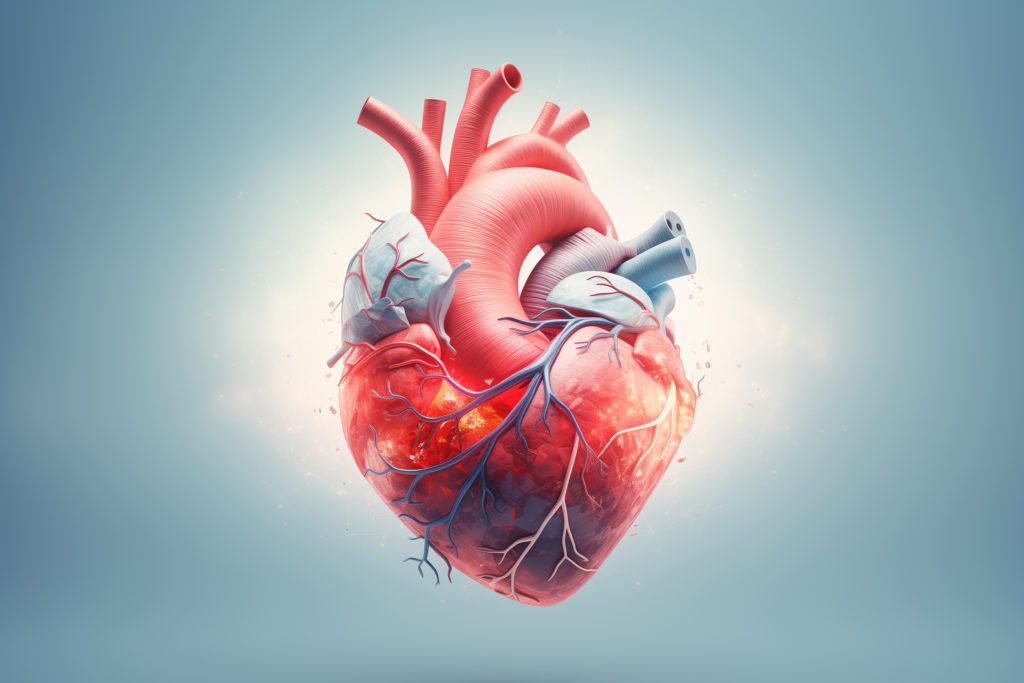
Unpacking Chronic Fatigue Syndrome (CFS): Symptoms, Diagnosis, and Understanding
Chronic fatigue syndrome (CFS) causes extreme fatigue that doesn’t get better with sleep. To be diagnosed with CFS, the symptoms have to last for 6 months and result in significant impairment in daily activities.

Chronic fatigue syndrome (CFS), or myalgic encephalomyelitis (ME), is a devastating condition that is characterized by persistent and extreme fatigue that doesn’t go away with sleep. With chronic fatigue syndrome, it’s not just normal tiredness that everyone experiences. Sufferers of CFS often can’t function normally due to the severity of the fatigue. This condition can significantly affect their work and social lives.
CFS is not rare. It’s estimated that up to 3.3 million people in the U.S. are affected by this disorder, and the numbers are rising. Up to 91 percent of people with CFS/ME are not diagnosed.
In the past, many doctors didn’t take CFS/ME seriously and treated it incorrectly. The condition was quite stigmatized. Doctors called it the “yuppie flu” and patients were told that they were hypochondriacs. But, now newer research has shown that it is a real disorder and doctors have started to treat it accordingly.
What Causes CFS?
Researchers haven’t yet identified a single cause of chronic fatigue syndrome. It’s possible that the disease has multiple causes. In some cases, CFS/ME could be the result of the body’s overreaction to an infection or virus. Here are the most common things linked to chronic fatigue syndrome:
- Viruses, including the Epstein-Barr virus
- Major depressive disorder
- Lupus
- Lyme disease
- Abnormal immune system activation
- Autonomic nervous system dysfunction
What Are The Risk Factors?
Anyone can get chronic fatigue syndrome. But, there are some factors that make it more likely that a person will develop the disease. The risk factors of CFS include:
- Being female: The disease tends to be more present in women than men. Women are up to four times more likely to be diagnosed with this disease compared to men.
- Middle age: CFS/ME is more likely to be diagnosed in people ages 40-50.
- Genes: Chronic fatigue syndrome is more likely to run in families.
Symptoms
The symptoms of CFS/ME often mimic the flu. However, they can vary from person to person. Symptoms may also come and go over time. Not everyone will experience all of the symptoms. The core symptoms of CFS include:
- Severe fatigue that lasts 6 months and does not improve with sleep
- Post-exertional malaise (PEM) or a severe energy crash after mild exertion
- Brain fog, impaired concentration, or memory impairment
- Dizziness or lightheadedness when going from a sitting to standing up position
People with CFS/ME may also experience:
- Confusion
- General weakness
- Frequent headache
- Mood swings or irritability
- Muscle and joint pain
- Fever
- Difficulty sleeping
- Enlarged lymph nodes
- Muscle aches or cramps
- A sore throat
How Does Chronic Fatigue Syndrome Affect Sleep?
People with chronic fatigue syndrome often have various sleep issues. Chronic insomnia is common and so is non-restorative sleep. So, a person with CFS/ME won’t feel rested after a night of sleep. They will wake up feeling as though they haven’t slept at all. People with chronic fatigue will also often wake up during the night for no reason. Intense and vivid dreams are also common in CFS.
How is CFS Diagnosed?
There is no simple blood test or scan to identify chronic fatigue syndrome. Your physician will start by looking at your overall health and medical history. They will ask about your CFS/ME symptoms. Fatigue can be caused by many illnesses, including long COVID. So your physician may want you to have blood and other tests to rule out other conditions.
Treatments and Lifestyle Changes
Chronic fatigue syndrome can be hard to cope with. There is no cure for the disorder. But, if you do have CFS/ME, there are many treatments and lifestyle changes that can help you regain functioning. Making lifestyle changes can greatly impact how you feel.
Medications
To date, the U.S. Food and Drug Administration (FDA) has not approved any specific drugs for CFS/ME. However, doctors use a number of medicines to treat individual symptoms of CFS. What your doctor prescribes will depend on your symptoms. Some of the most common medications prescribed for this condition include:
- Antidepressants for fatigue and depression
- Corticosteroids for fatigue
- Intravenous immunoglobulin (IVIG) for immune system functioning
- Nonsteroidal anti-inflammatory drugs (NSAIDs) for pain
- Antivirals if you have an infection
- Sleep medications such as Lunesta or Ambien
Sleep Routine Changes
Because sleep disturbances are so common in CFS/ME, your doctor may recommend some changes to your sleep routine. Getting better sleep at night may help you feel not so fatigued. Your doctor may advise you to:
- Go to bed and wake up at the same time every night/day
- Avoid taking long naps later in the day
- Avoid caffeine within 8 hours of bedtime
- Keep your bedroom quiet, cool, and dark
Pacing
For people with CFS, fatigue often worsens after even mild exercise or activity. This is called post-exertional malaise (PEM). Doctors may recommend pacing your activities to cope with this symptom. Pacing involves balancing rest and activity and avoiding over-exertion. Ways to pace include:
- Limiting exercise to shorter durations
- Doing activities when energy levels are the highest
- Engaging in only light to moderate exercise
- Resting with your eyes closed
- Modify tasks so that they are less tiresome
- Planning rest periods into your schedule
Cognitive Behavioral Therapy
Cognitive behavioral therapy (CBT) can help with the emotional symptoms of CFS such as depression and mood swings. During CBT therapy sessions, you’ll focus on changing unhelpful thinking, developing new coping strategies, and learning relaxation techniques. All of these things can help with CFS.
Massage Therapy
Research has shown that certain types of massage therapy can help with CFS/ME. Rolfing, a type of deep-tissue massage, has been shown in studies to improve the symptoms of CFS. Rolfing can be intense, so it’s important to consider how much pressure your tissues can tolerate before trying this therapy. The Bowen Technique is a more gentle massage therapy practice that might be better for you if you can’t tolerate a deep tissue massage. This type of massage therapy is great for relieving the pain commonly found in CFS/ME.

Written by
Emily Mendez
Emily Mendez is a former therapist and mental health author. She is one of the leading voices in mental health. Emily's writing has appeared in eCounseling, SonderMind, and more. Emily is frequently interviewed by Healthline, Fatherly, INSIDER, Family Circle, and other national media for her advice and expert opinion on the latest mental health topics.
Download Pillow
Get help
Press & News
Legal
Connect
X (Twitter)
Company
Copyright © Neybox Digital Ltd.



